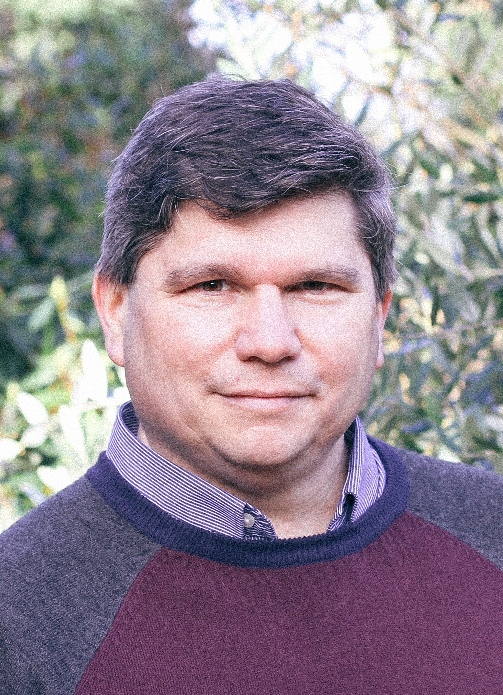
- This event has passed.
Insecure Attachment in the Clinical Setting: Understanding Strategies and Promoting Positive Change with Dr. Clark Baim

3 part lecture series: March 7th AND April 4th AND May 16th
9:00am – 12:00pm Pacific Time
via Zoom
$50
Insecure Attachment in the Clinical Setting: Understanding Strategies and Promoting Positive Change
The Barnard Center for Infant and Early Childhood Mental Health and Parent-Child Relationships Program at the Barnard Center is pleased to offer a training series with Dr. Clark Baim. Dr. Baim is a clinician, author, and trainer in the development and function of child attachment strategies and how these strategies show up clinically.
To make this course more affordable the fee is being subsidized by the Dr. Kathryn Barnard Endowment for Infant Mental Health.
This training will be taught in English and will not be recorded.
Who is it for? The course will be relevant to professionals who work with children, adults, and families. The course is intended for professionals in the mental health, social care, criminal justice, educational and voluntary (NGO / not-for-profit) sectors. People in professions related to these can all benefit from the course. The course is suitable for post-qualified professionals and is also suitable for researchers and academics. Participants with experience of working directly with people are best suited to the course, because of their practical experience of listening and responding to spoken discourse.
AGENDA
Day One: Theory
- Introduction to attachment theory, specifically Dr. Patricia Crittenden’s Dynamic-Maturational Model (DMM) of Attachment and Adaptation, which provides a strengths-based, function-focused alternative to symptom-based diagnosis.
- Understanding why attachment theory is a key to understanding the development of psychological problems, personality disorders and offending behaviour.
- How attachment theory signals the importance of relationship-based practice, self-awareness, and self-reflection on the part of the worker.
- Understanding the relationship between psychological trauma, psychopathology, personality disorder diagnoses and attachment strategies: A bio-psycho-social approach.
Day Two: Assessment and Formulation
- Introduction to discourse analysis: understanding how attachment strategies are expressed in speech and behaviour.
- Introduction to integrating DMM attachment theory with a variety of treatment models and approaches.
- Principles of purposeful eclecticism: adapting the intervention to the attachment strategies.
- Introduction to family–systemic formulations and treatment planning based on the DMM model.
Day Three: Treatment Planning and Intervention
- Introduction to: applying the theory to treatment planning and intervention.
- Exploring different approaches to intervention and principles of treatment emerging from the attachment-based model. This includes purposeful adaptation when working with people with psychological trauma.
- The LEARN Model for promoting narrative integration.
- Tools and techniques for attachment-based interventions.
Trainer: The training will be led by Clark Baim, PhD, and is based on two of his co-authored books, Attachment-based Practice with Adults: Understanding Strategies and Promoting Positive Change (2023, 2nd edition, Pavilion. Available as an e-book or print version) and the Attachment-based Practice with Children, Adolescents and Families (Pavilion, 2022). Dr. Baim is a registered psychotherapist (UK Council for Psychotherapy) and a registered Senior Trainer and Clinical Supervisor with the British Psychodrama Association. He has worked in more than 35 countries and 300 organisations as a trainer, group leader, therapist, and supervisor. Dr. Baim has focused for twenty-five years on the study of attachment theory and the Dynamic-Maturational Model (DMM) of Attachment and Adaptation with Dr. Patricia Crittenden. He is on the faculty of the Family Relations Institute, the international training organisation for the DMM. He is a trainer and forensic-level coder of the DMM version of the Adult Attachment Interview.